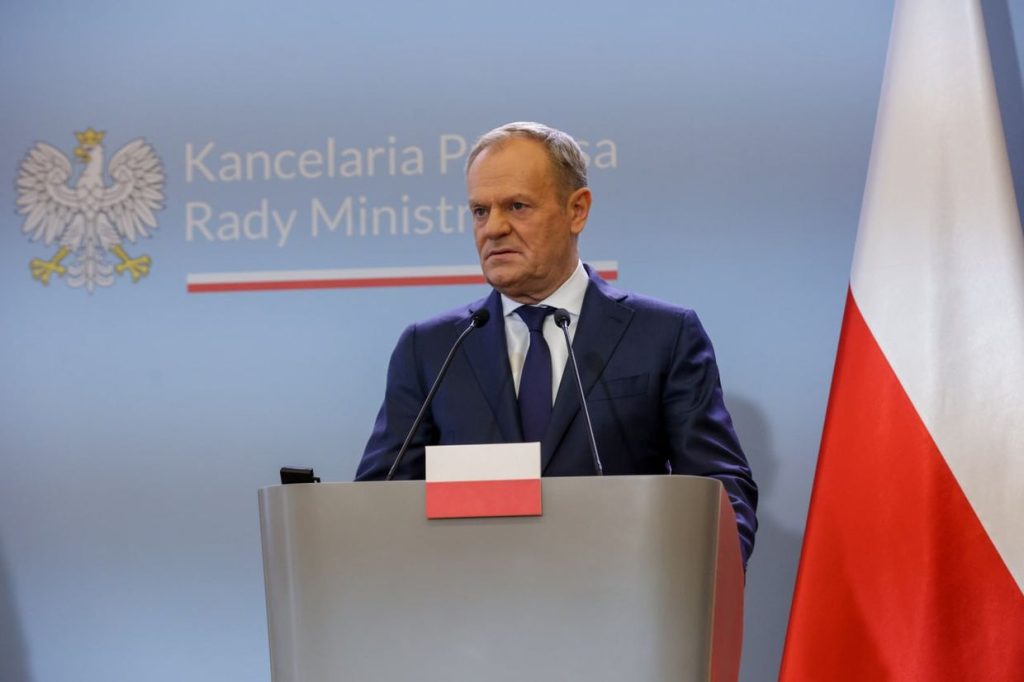The European Commission announced on May 6 that it had begun the process of dropping its sanctions procedure against Poland over rule-of-law issues. The procedure was initiated in 2017 against the conservative Law and Justice (PiS) party-led government in Poland. After more than six years, the EU believes that the Article 7 procedure can be closed, marking a new chapter for Poland. The recent parliamentary elections saw PiS losing to a coalition of center-right and left-wing parties led by Prime Minister Donald Tusk, who promised to address rule of law issues and restore Poland’s relationship with the EU. The Commission stated that there is no longer a clear risk of a serious breach of the rule of law in Poland.
Poland’s PiS-led government had been under scrutiny by the EU for violations of fundamental values and interference with judicial independence. In addition to Poland, Hungary led by Prime Minister Viktor Orban has also been subjected to Article 7 procedures. The Hungarian government, like the Polish government, has faced criticism for its actions undermining democratic principles and the rule of law. However, the Commission’s decision to close the sanctions procedure against Poland indicates a positive step towards addressing these issues and improving relations between the country and the European Union.
Slovakia’s new Prime Minister, Robert Fico, has consistently expressed views of pulling back support for Ukraine and has echoed Russian propaganda blaming Kyiv for Russia’s invasion. This aligns Slovakia with Hungary, where Prime Minister Viktor Orban has been accused of similar actions. The rise of populism in Ukraine’s neighboring countries raises concerns about their stance towards Ukraine and the broader geopolitical implications in the region. The alignment of certain governments with Russia’s narratives regarding Ukraine’s role in the conflict highlights the complexity of relations within Eastern Europe.
The actions and statements of leaders in neighboring countries like Slovakia and Hungary have underscored the challenges faced by Ukraine as it navigates its relationships in the region. The rise of populist sentiments and the alignment with Russian narratives present obstacles for Ukraine’s diplomatic efforts and its goal of securing its sovereignty. The situation in Ukraine’s neighborhood reflects a divide in perspectives and approaches towards Ukraine’s ongoing conflict with Russia. Understanding the dynamics of these relationships and the impact of populist leaders on regional stability is essential for assessing the broader geopolitical landscape in Eastern Europe.
As the European Commission moves to close the sanctions procedure against Poland, it signals a potential shift in the region’s political dynamics. The resolution of the rule-of-law issues in Poland and the election of a new government committed to addressing these concerns could pave the way for improved relations with the EU. The impact of these developments on Ukraine and its relations with neighboring countries remains to be seen, as the region grapples with the challenges posed by populism and geopolitical tensions. By supporting independent journalism in Ukraine and staying informed about the evolving political landscape in Eastern Europe, individuals can contribute to promoting transparency and accountability in the region. Joining the fight for independent journalism and supporting efforts to counter disinformation can help shape a more informed and engaged public discourse on critical issues affecting the region.


